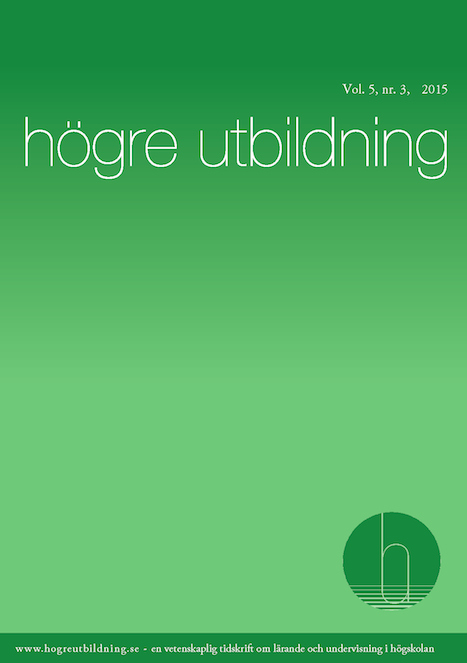The Walkshop: a tool to integrate research on human aspects of sustainable urban design in teaching
Abstract
Teaching in higher education should be based on research findings. Urban design and architecture are ‘making disciplines’ and their link to formal research is described as tenuous. This paper reports on a collaborative educational workshop, the Walkshop, designed to bridge the gap between the multidisciplinary research project Urban Walking and the master’s programme in sustainable urban design and city planning. The need for understanding of differences regarding knowledge competence and cultural skills between disciplines for successful multidisciplinary communication was addressed in the Walkshop design through theoretical input, acquaintance with methodology, design task, and presentation of design solutions. The Walkshop facilitated the students’ learning process towards a close-up perspective in analysis of the environment. Students’ design proposals integrated new perspectives and key facts from research, and provided inspiration and concrete suggestions for the analysed urban area. Collaborative educational workshops seem to be a useful component to include in a Master’s course syllabus, to strengthen the link to research in practice-based education, and to disseminate current research results directly into practice.
Full text
Published
How to Cite
Issue
Section
Keywords:
higher education, master’s programme, making disciplines, collaborative educational workshop, multidisciplinary, urban design, environmental psychology, traffic engineering




